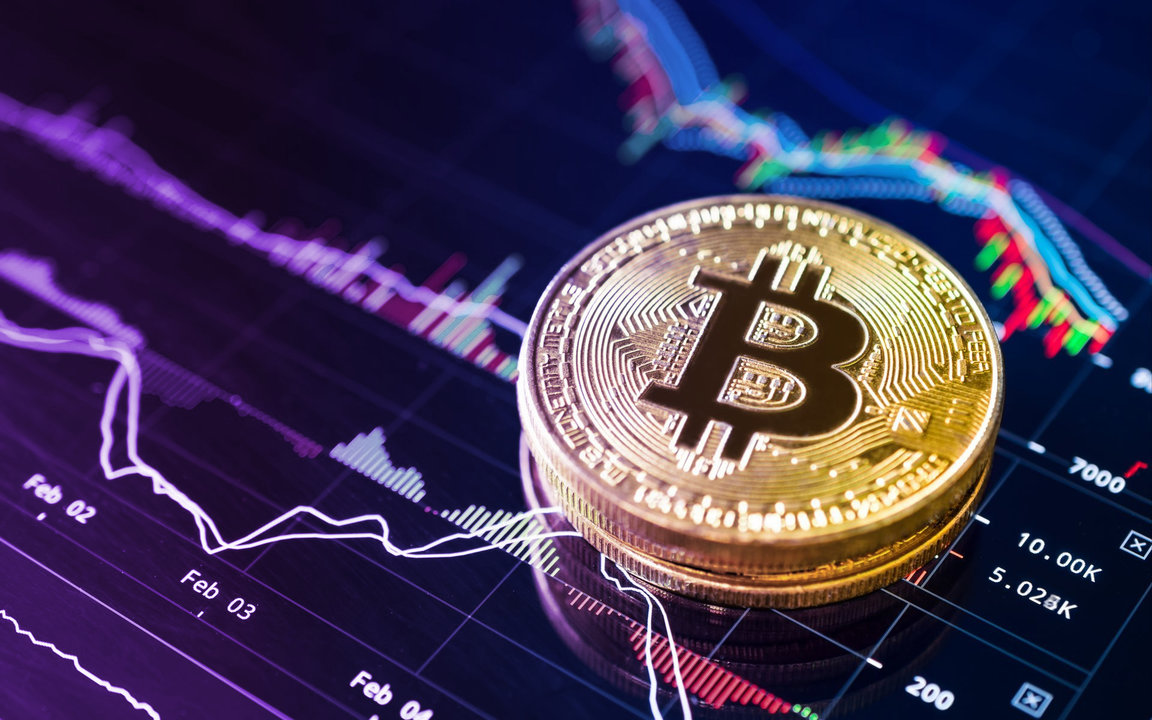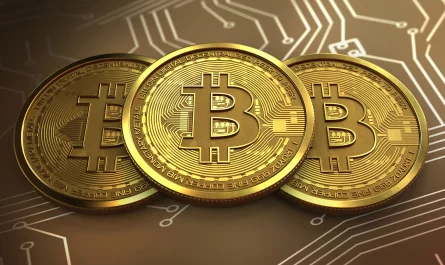Decentralized Finance (DeFi): Revolutionizing the Financial Industry with Cryptocurrencies
Introduction
Decentralized Finance, or DeFi, is a rapidly emerging sector in the financial industry that aims to transform traditional centralized systems by leveraging the power of cryptocurrencies and blockchain technology. In this article, we will explore how DeFi is revolutionizing the financial landscape and the various opportunities it presents.
Understanding DeFi
DeFi refers to a set of financial applications and platforms that operate on a decentralized network, typically built on blockchain technology. Unlike traditional finance, which relies on intermediaries such as banks and financial institutions, DeFi enables direct peer-to-peer transactions and removes the need for intermediaries.
The Benefits of DeFi
One of the key benefits of DeFi is the potential for financial inclusion. With traditional systems, many individuals and communities around the world are excluded from accessing basic financial services. DeFi provides an opportunity to overcome this barrier by allowing anyone with internet access to participate in financial activities.
Another advantage of DeFi is its transparency. Blockchain technology ensures that transactions are recorded on a public ledger, making them visible and auditable by anyone. This transparency reduces the risk of fraud and increases trust among participants.
Key Components of DeFi
DeFi comprises various components that work together to create a decentralized financial ecosystem. Smart contracts, which are self-executing agreements coded on the blockchain, play a crucial role in enabling automation and removing the need for intermediaries. Decentralized exchanges (DEXs), lending platforms, stablecoins, and yield farming are some other important components of the DeFi ecosystem.
Challenges and Risks
While DeFi offers significant opportunities, it also comes with its own set of challenges and risks. One of the challenges is scalability. As the number of users and transactions on the blockchain increases, scalability becomes a critical factor that needs to be addressed to ensure the smooth functioning of the DeFi ecosystem.
Additionally, security is a major concern in DeFi. As with any digital system, DeFi platforms are susceptible to hacking attempts and vulnerabilities. Developers and users need to implement robust security measures to protect funds and personal information.
The Future of DeFi
The future of DeFi looks promising. As the technology matures and becomes more user-friendly, we can expect greater adoption and innovation in the space. Traditional financial institutions are also starting to recognize the potential of DeFi and are exploring ways to integrate decentralized finance into their existing systems.
However, regulatory challenges may arise as governments and regulatory bodies strive to create a framework that ensures consumer protection and prevents illicit activities. Striking a balance between innovation and regulation will be crucial for the widespread adoption and long-term success of DeFi.
Conclusion
Decentralized Finance is revolutionizing the financial industry by offering a transparent, inclusive, and efficient alternative to traditional centralized systems. With its potential to democratize finance and provide equal opportunities to individuals around the world, DeFi is poised to reshape the future of finance as we know it.



